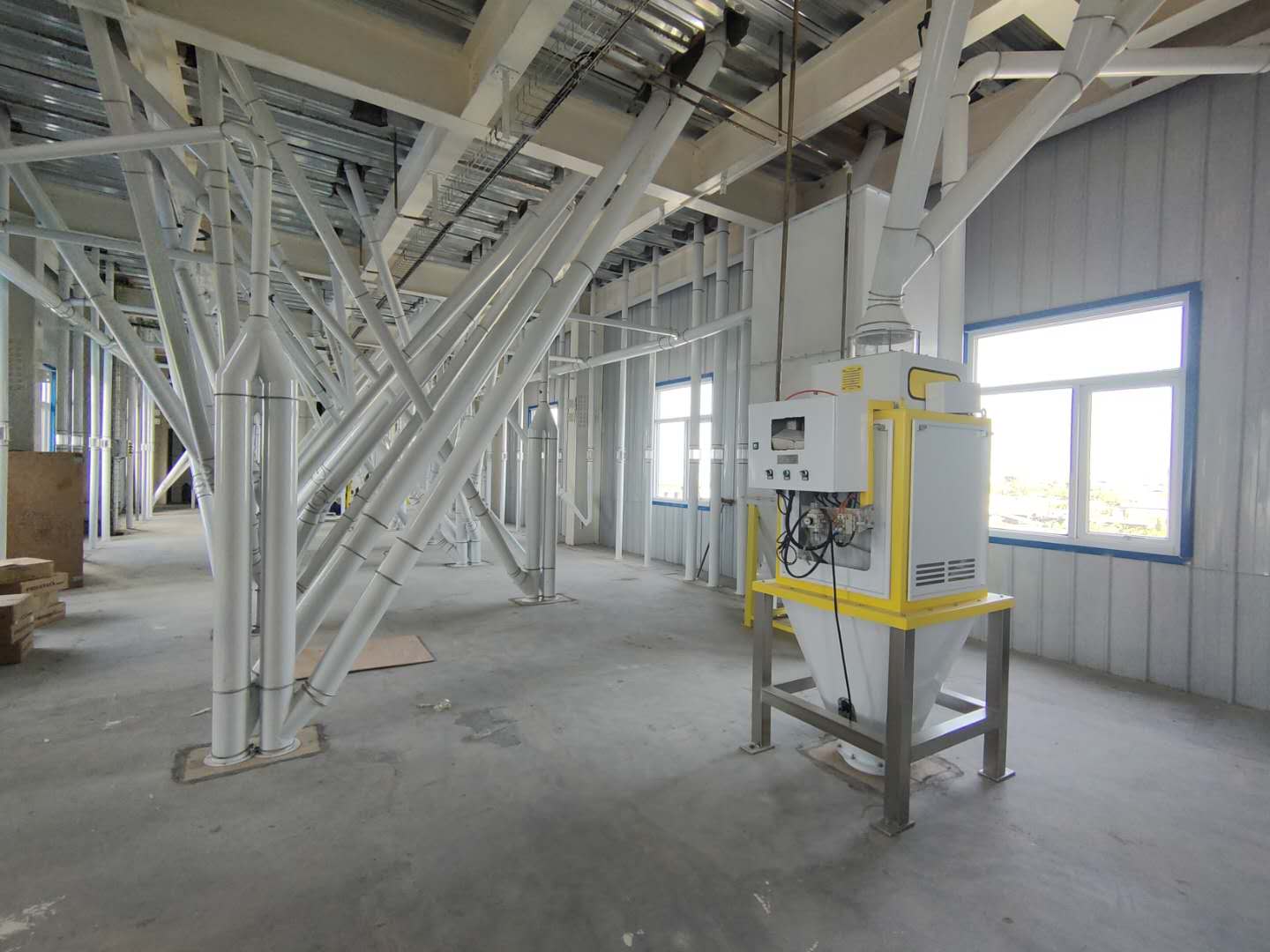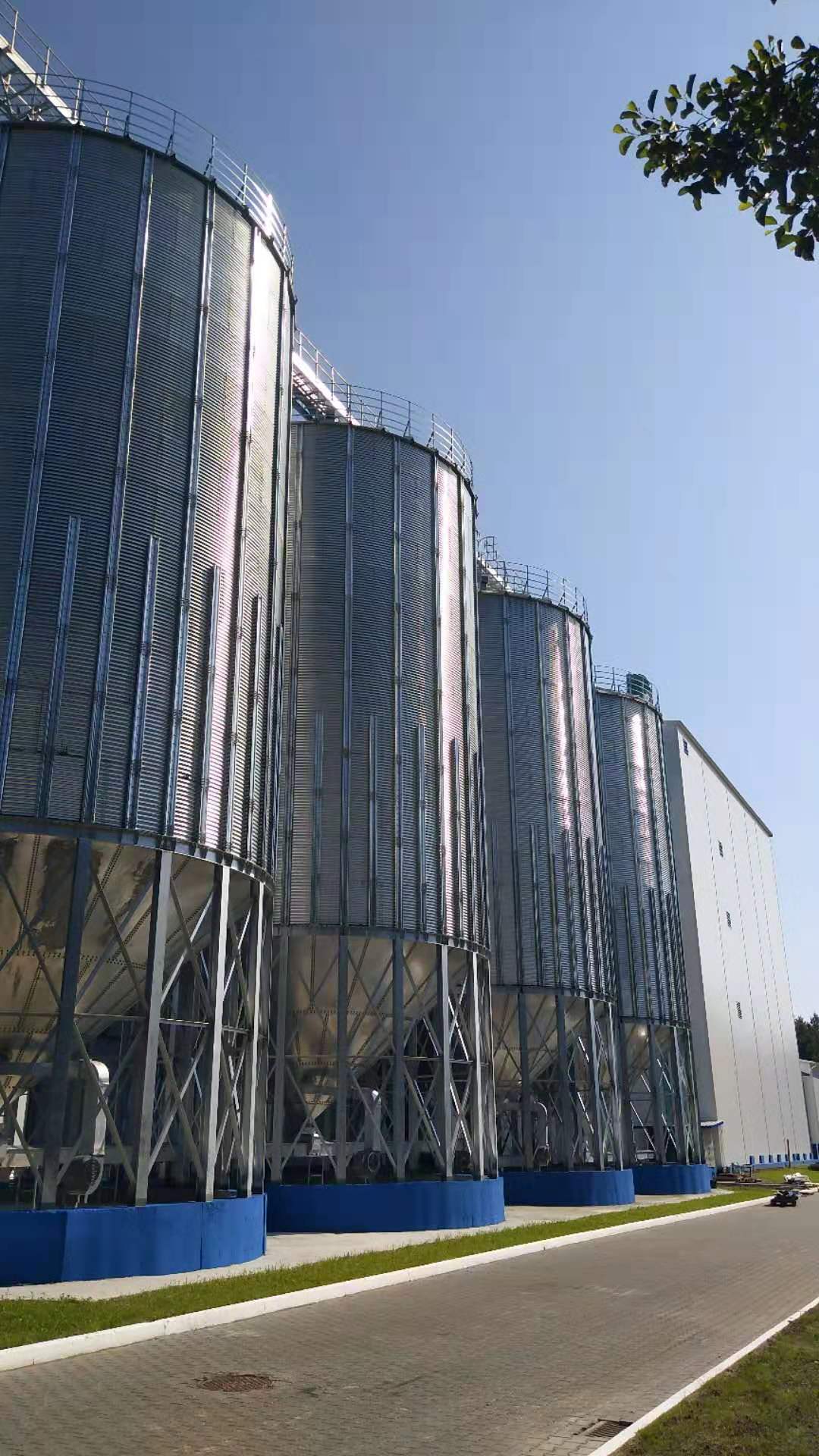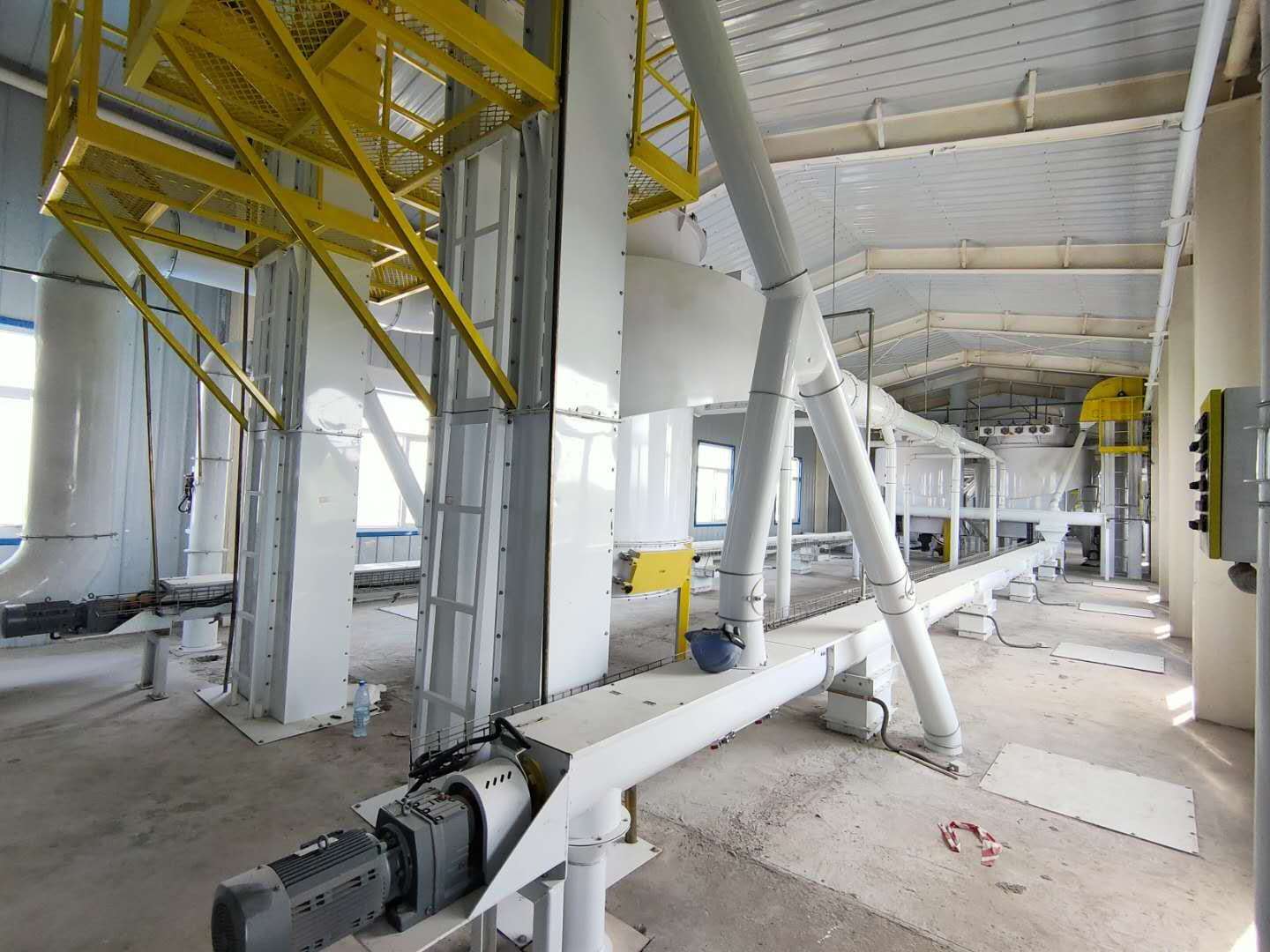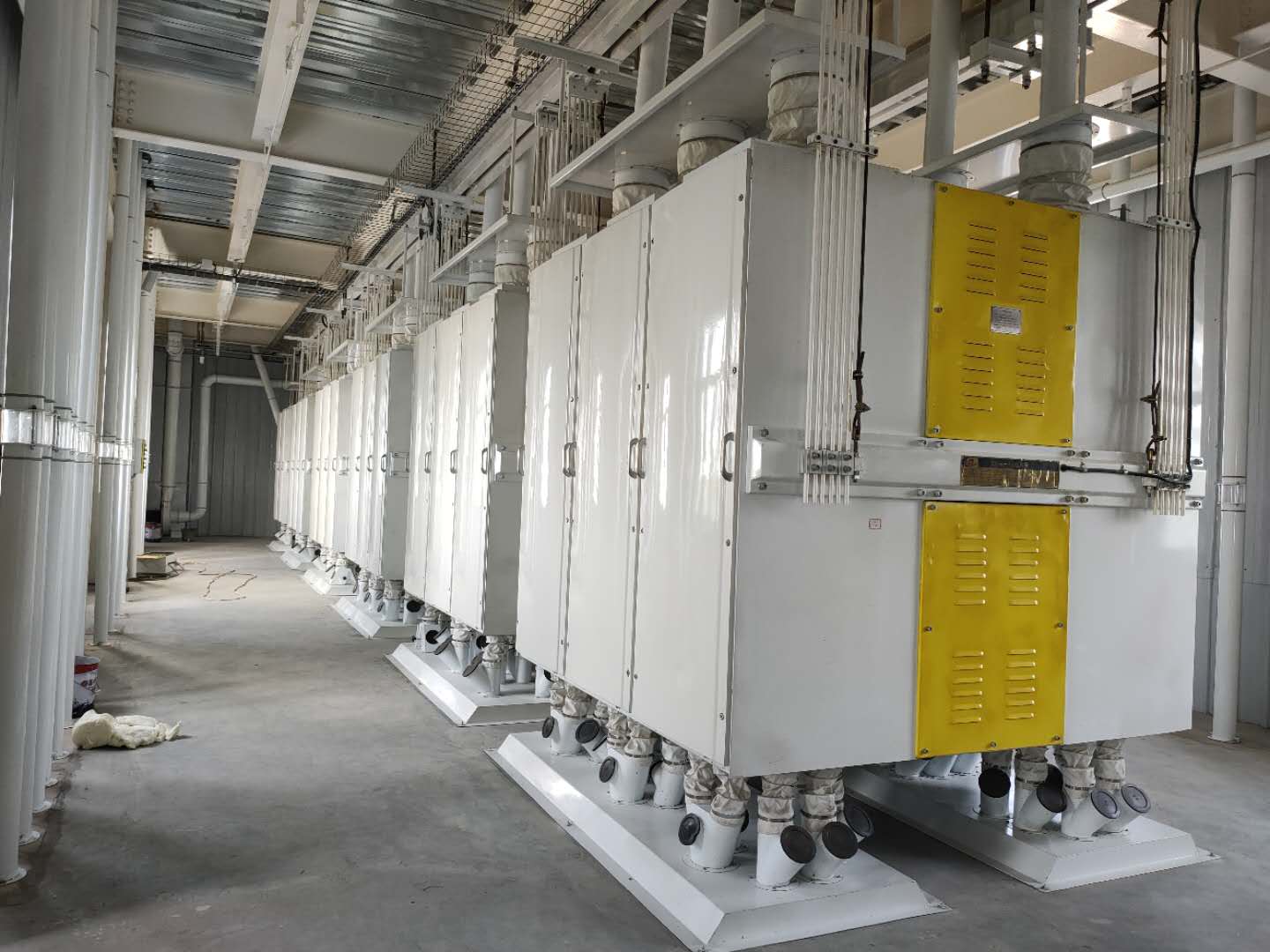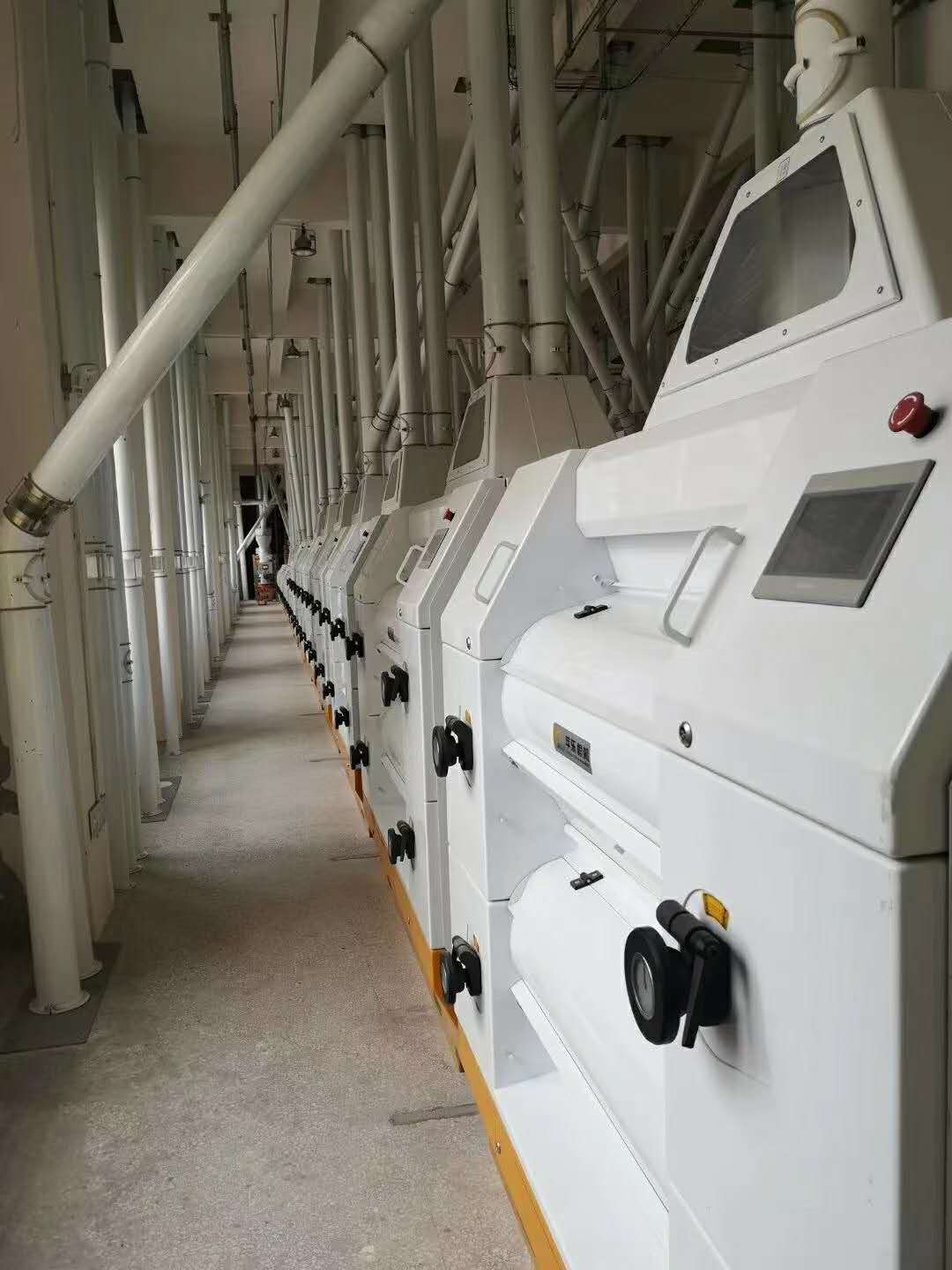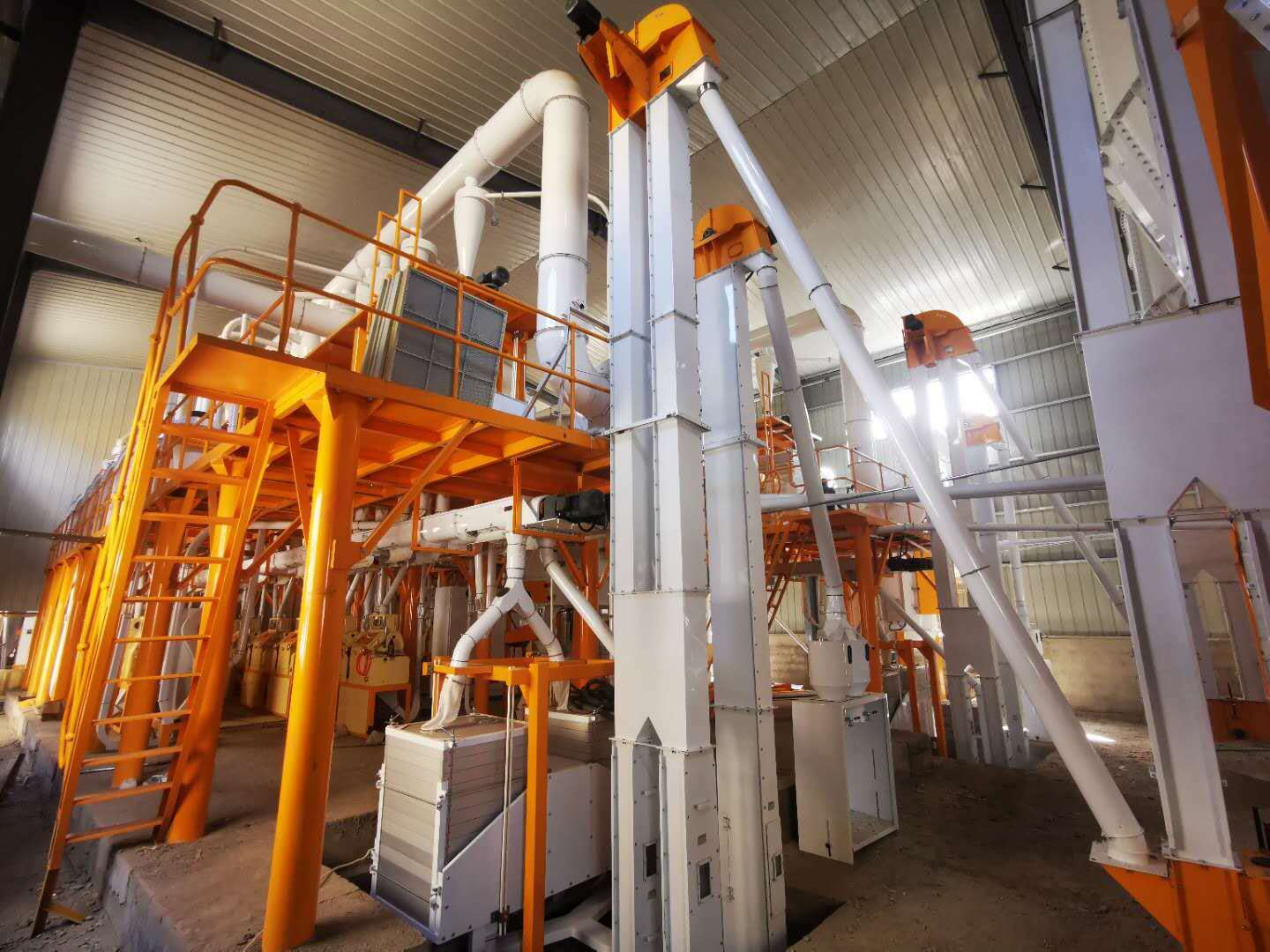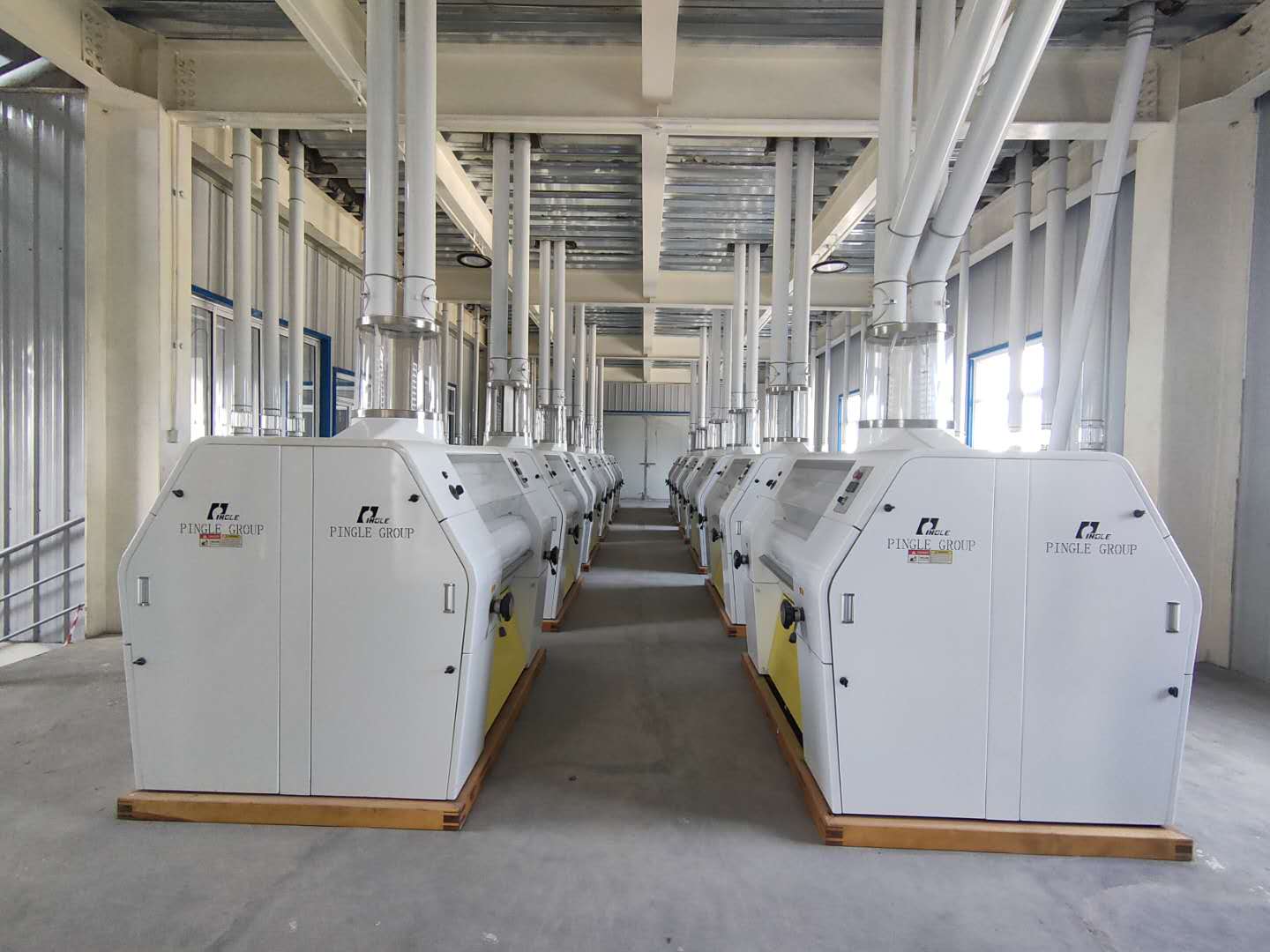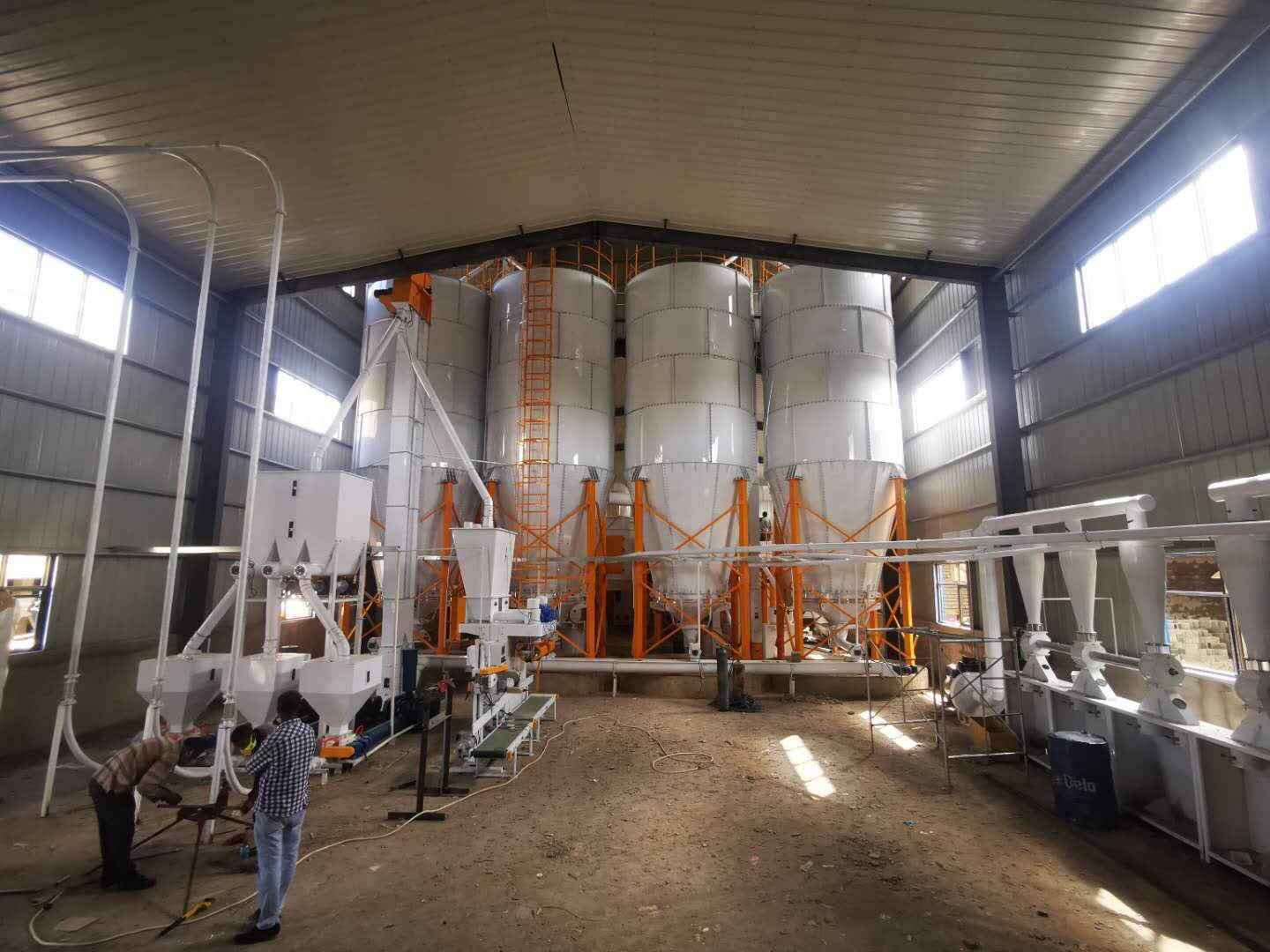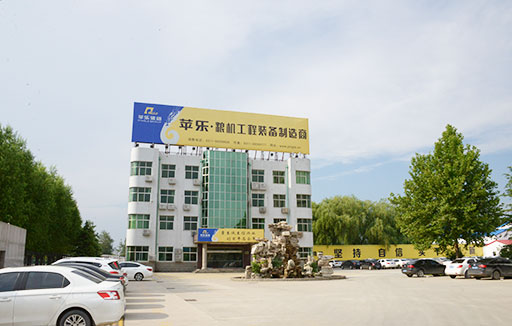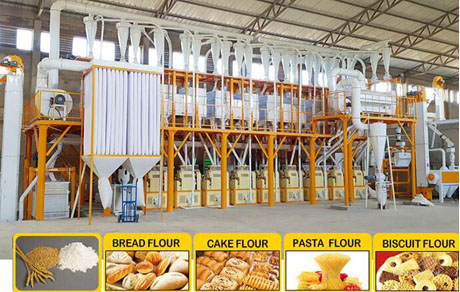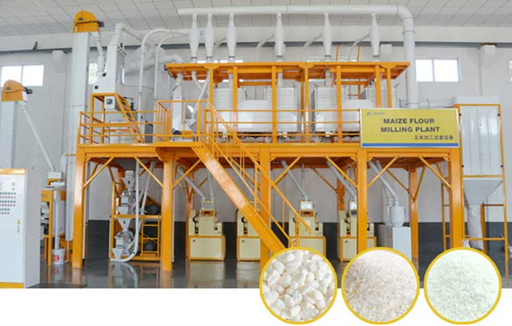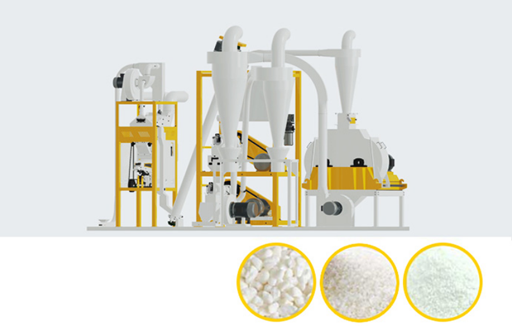In the commercial landscape, flour mills serve as the backbone of the food processing industry, transforming raw grains into the flour that is foundational to countless products. Beyond merely producing flour, modern flour mills embody efficiency, versatility, and innovation. These facilities are designed to handle various grains, offering a range of flour types to meet diverse market demands. One of the key advantages of utilizing a commercial flour mill lies in its ability to ensure consistent quality and texture of flour, which is crucial for bakeries, restaurants, and food manufacturing companies aiming to maintain product excellence. Additionally, advanced flour mills bring the benefit of high production capacities, meeting large-scale demands with ease while optimizing operational costs. This efficiency not only boosts productivity but also enhances profitability, making commercial flour mills indispensable assets in the global food supply chain.
| Model | Power (kw) | Power consumptionper ton flour(kw/h) | Capacity(ton wheat of 24hrs) | Dimension(LxWxHm) |
| 60TPD Commercial Flour Milling Machine | 60 | 40x10x12 | ||
| 100TPD Commercial Flour Milling Machine | 340 | 70-75 | 100 | 35x10x12.5 |
| 120TPD Commercial Flour Milling Machine | 420 | 70-75 | 120 | 43x10x12.5 |
| 140TPD Commercial Flour Milling Machine | 530 | 68-73 | 140 | 47x10x12.5 |
| 160TPD Commercial Flour Milling Machine | 597 | 68-73 | 160 | 49x10x12.5 |
| 200TPD Commercial Flour Milling Machine | 704 | 65-72 | 200 | 54x12x13.5 |
| 220TPD Commercial Flour Milling Machine | 820 | 65-72 | 220 | 57x12x13.5 |

